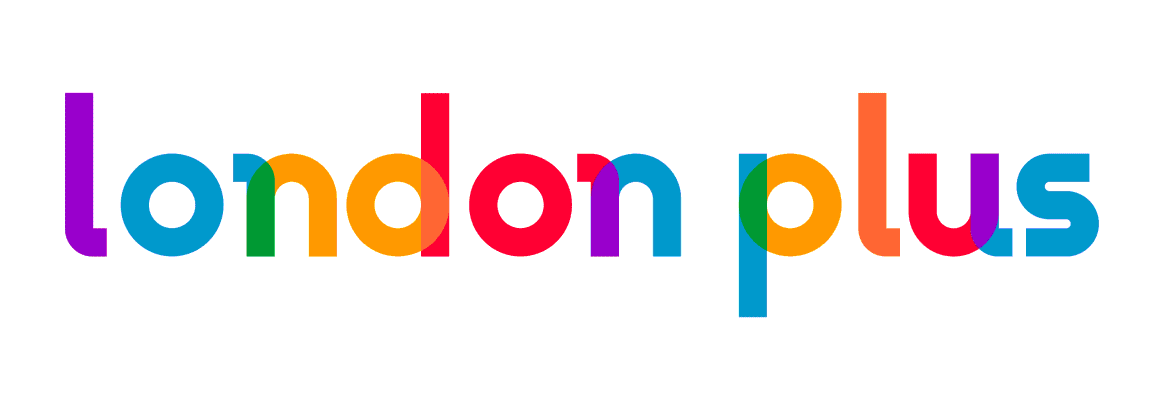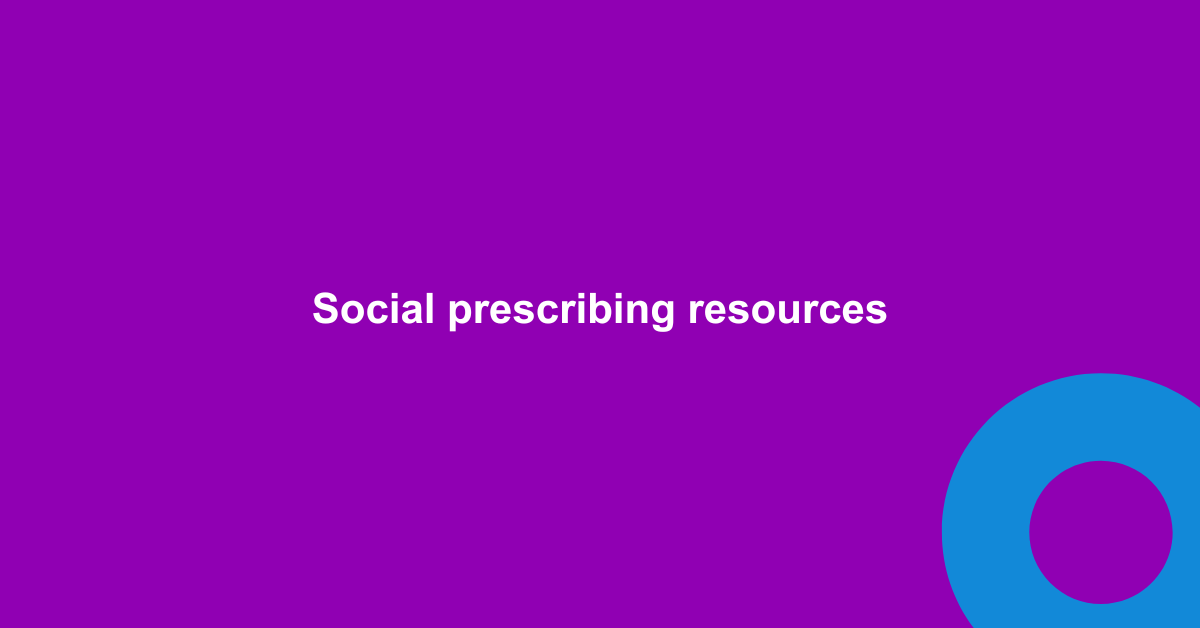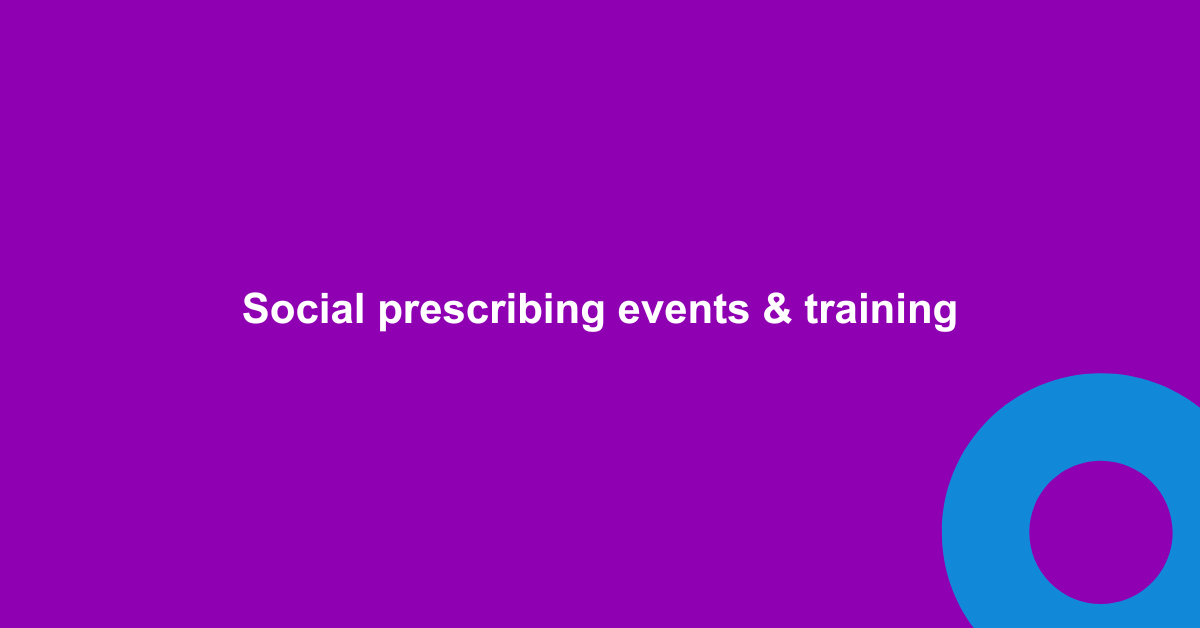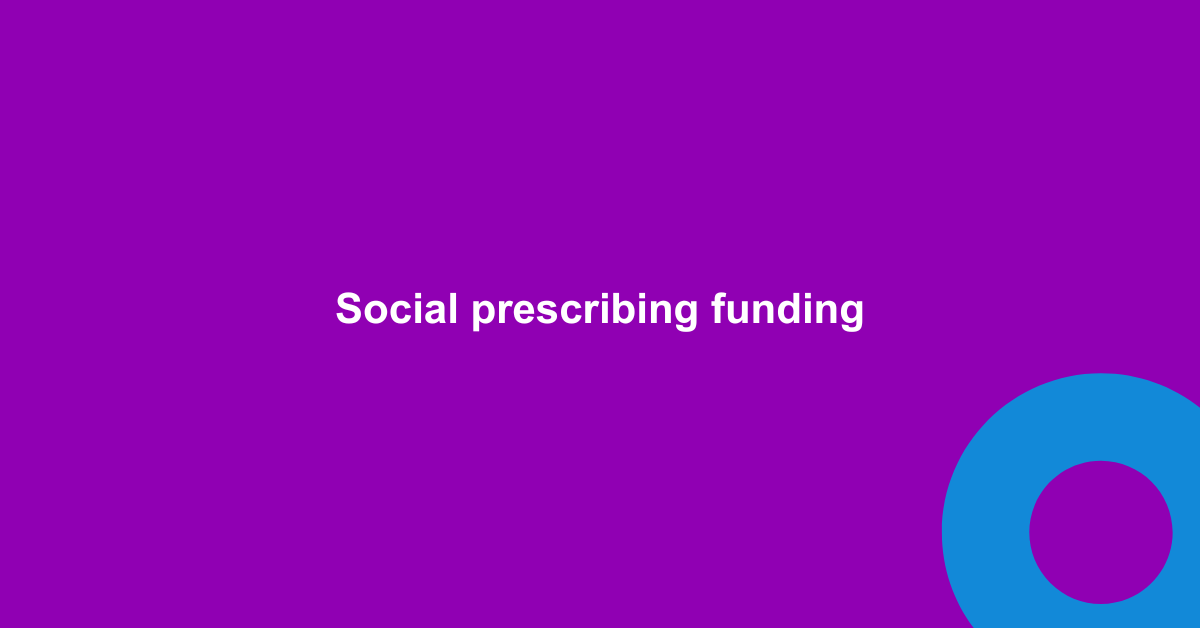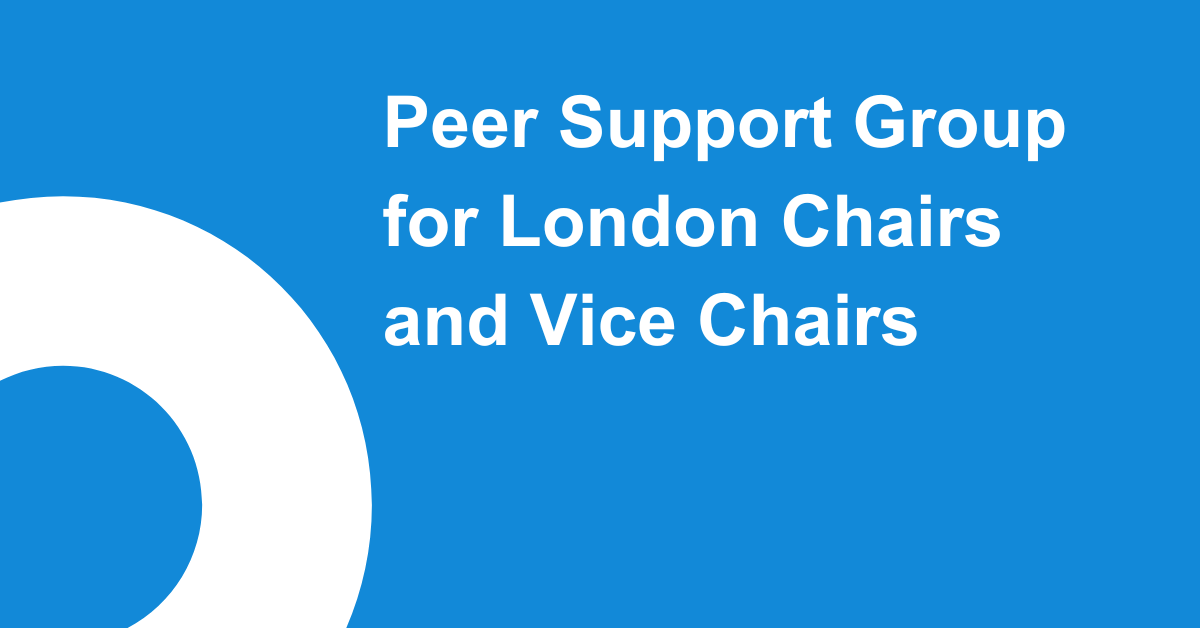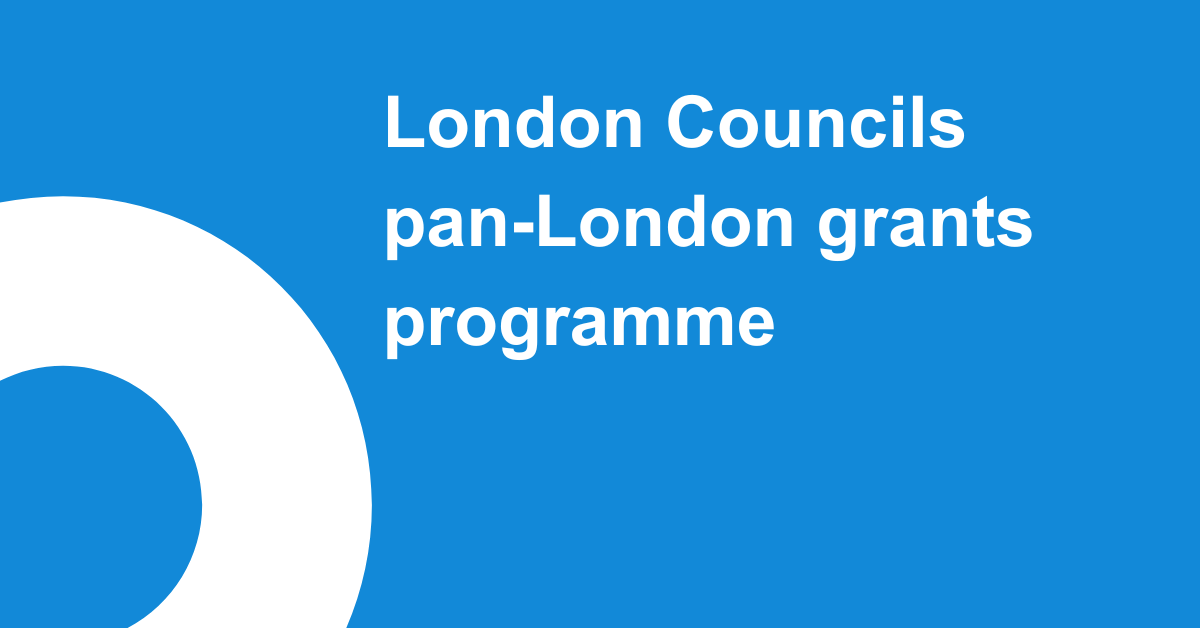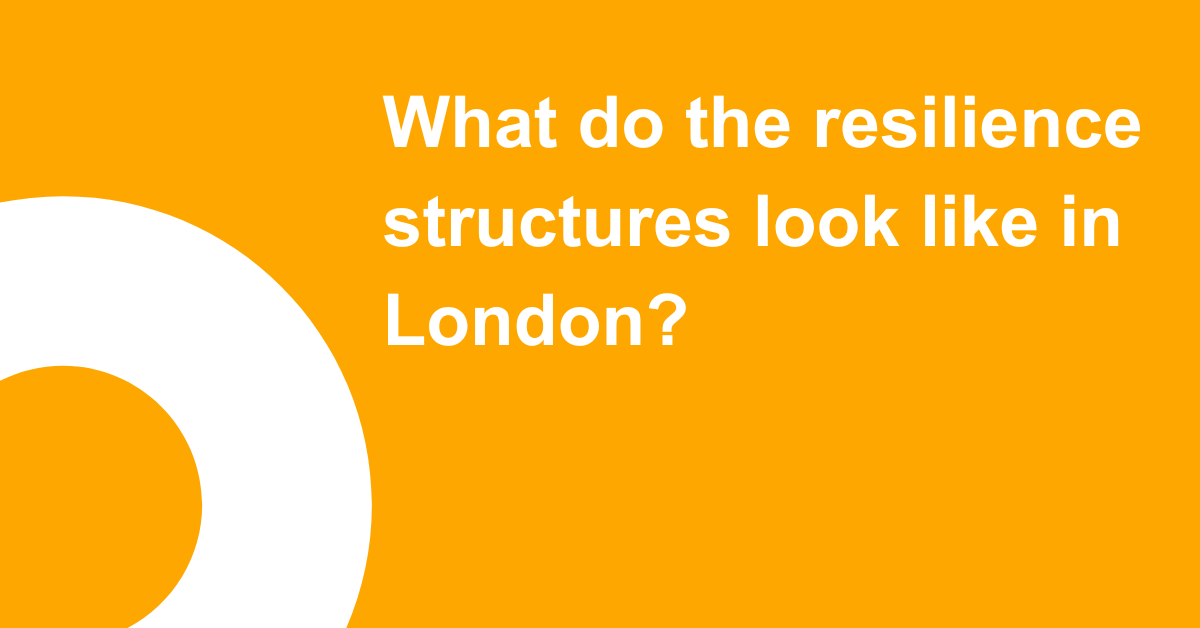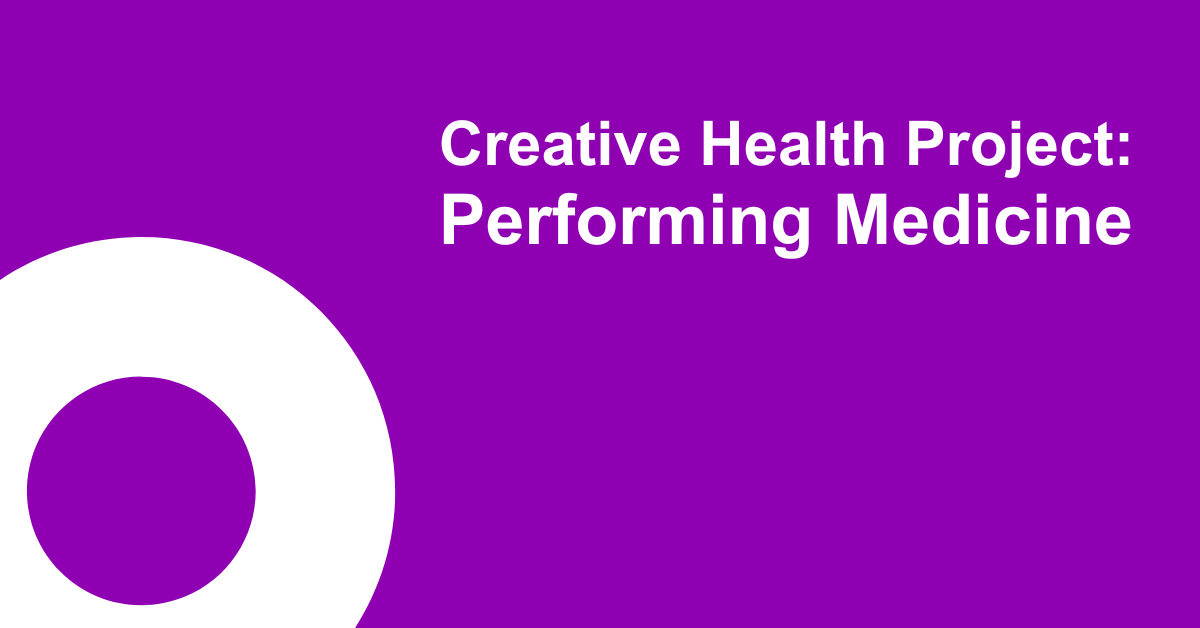Every month, we compile a list of resources for people working in social prescribing. See below for our January list!
This is part of our monthly social prescribing newsletter. You can get it (and much more) by signing up to the London Social Prescribing Network.
Sign upIf any links do not work for you, please right click and go to ‘open in new tab’.
Resources
Winter booklet
This winter resource could be useful for your clients during the colder months.
Warm spaces
Mental health support
The UK has become one of the first countries to offer 24-hour mental health support over the phone. People in a mental health crisis can now call 111 at any time of the day to talk to a mental health professional. They can then organise mental health assessments, dispatch crisis teams and signpost users to available local help.
Resilient Informed Black Community
Cadent is offering free gas safety checks worth £120 for eligible customers. If you are a homeowner who is on the Priority Services Register and you haven’t had a check in the last 12 months, you qualify for this service.
Health inequalities
The Race Equity Maturity Index is the first evidence-based tool designed to help health and care organisations track, measure, and enhance their commitment to race equity.
Check In and Chat Service – Available for Referrals
The Check in and Chat service, by NHS and Care Volunteer Responders, is open for referrals and self-referrals.
The free service offers friendly phone calls from volunteers, providing companionship and reassurance to those who may be isolated or in need of connection. You can contact them in the following ways:
- Online Referrals Visit nhscarevolunteerresponders.org and fill in the referral form
- Contact the Support Team on 0808 196 3382
- Let people know that they can self-refer into the programme by calling the helpline on 0808 196 3646
Why we get vaccinated campaign
Why we get vaccinated is a community engagement communications campaign, developed in partnership with underserved communities and health agencies across London. The aim of the campaign is to support and facilitate an ongoing conversation to support improved understanding of the need for lifelong immunisations and behaviour change. You can find all the different campaign assets like animated and static social media items to videos and CANVA templates on the campaign website at https://www.hackneydesignstudio.com/store.
Integrated Digital Smoking Cessation App Launch
The SmokeFree app for London launched formally on 1 January. Registering with the app enables those who smoke to access support from advisors 24/7 and their choice of NRT/vapes.
Stop Smoking London has also developed a Smokefree App Borough Marketing Comms Toolkit to provide resources, assets and tips for boroughs to use to promote locally. Please link in with your local tobacco leads to coordinate local promotion efforts. Download Comms Toolkit.
Free workshop on filmmaking
The Saltways, a specialist filmmaking agency for charities are running free workshops for non-profits on different aspects of filmmaking including how to create effective content using your phone. check out the free workshops on their website here.
Reports
Social prescribing fund
The National Academy for Social Prescribing has published a new report, Envisaging a Social Prescribing Fund, which makes the case for a new fund to support community activities, groups and services that benefit people’s health and wellbeing.
Health service cost
This new report from the National Academy for Social Prescribing shows impact of social prescribing on health service use and cost.
Social Prescribing and Acute Services
Social prescribing has expanded into many primary care settings, but what about in acute services? This paper on conceptualising social prescribing in urgent and emergency care explores the topic more.
The future of primary care
A new report setting out the views of the public on the future of primary care services in London has been published.
Tackling health inequalities
Read the newly-published Innovation for Healthcare Inequalities Programme (InHIP) impact and learning report. Over 12 months, InHIP supported local teams across the country to tackle healthcare inequalities. This was achieved through improving patient access to proven innovations in underserved populations across the Core20PLUS5 clinical areas of priority.
Access to NHS services for Jewish communities
Supported by NHS England, and in collaboration with Intent Health, the NHS Race and Health Observatory (NHS RHO) has produced a new report with co-produced resources to improve health communications for Jewish communities. The report offers several recommendations for improving engagement and communications.
New research: Gypsy, Roma and Traveller enthnicity data project
Understanding Patient Data recently published the final outputs from the project looking at experiences and perspectives of Gypsy, Roma and Traveller communities on collection and use of ethnicity data in health services.
Social Care Institute for Excellence (SCIE) – Tackling inequalities in care for people with learning disabilities and autistic people
People with learning disabilities and autistic people continue to experience unacceptably poor health outcomes in comparison to the rest of the population, leading to lower life expectancy and a higher number of avoidable deaths. This guidance aims to close the gap in skills and knowledge across the adult health and social care workforce.
